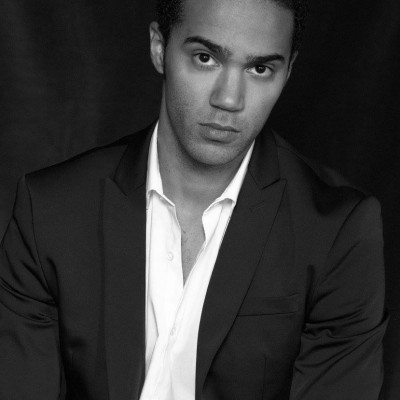Mind, Brain, and Education College and University Education Research-Oriented Presentation
Cancelled Reappraising the value of freewriting from the perspective of creativity studies
The future impact of artificial intelligence on the composition classroom can already be glimpsed darkly in a suite of pandemic-era apps. With a swipe of their smartphone, students will increasingly outsource much of the mechanics of writing — clarity, coherence, usage, etc. — to these and related artificial intelligences. In light of these advances, I believe that the future of composition instruction across disciplines and ability levels lies in renewing our focus on the art of invention — that is, the act of writing understood as one of many domain general processes or procedures that enable a person to generate new, useful and surprising ideas. To further ground my claim, I will open a substantive dialogue with the epistemologically adjacent field of creativity studies, thereby breaking with a rather unfortunate historical trend in cognitivist approaches to composition as they relate to discovery. Specifically, I argue that Dean Keith Simonton's combinatorial theory of creativity is isomorphic with Peter Elbow's otherwise seemingly idiosyncratic freewriting methodology. In this sense, Elbow's approach can be viewed as reproducing the two-step universal process responsible for creativity in the arts and sciences, but at a level of granularity that is potentially unmatched by other methods.
-

I'm a visiting lecturer at Kobe University and a doctoral researcher in cognitive aesthetics and artificial intelligence at Johns Hopkins University and the Université de Paris in France. My doctoral thesis examines the application of coevolutionary aesthetic theory to the problem of open-ended evolution in artificial life.